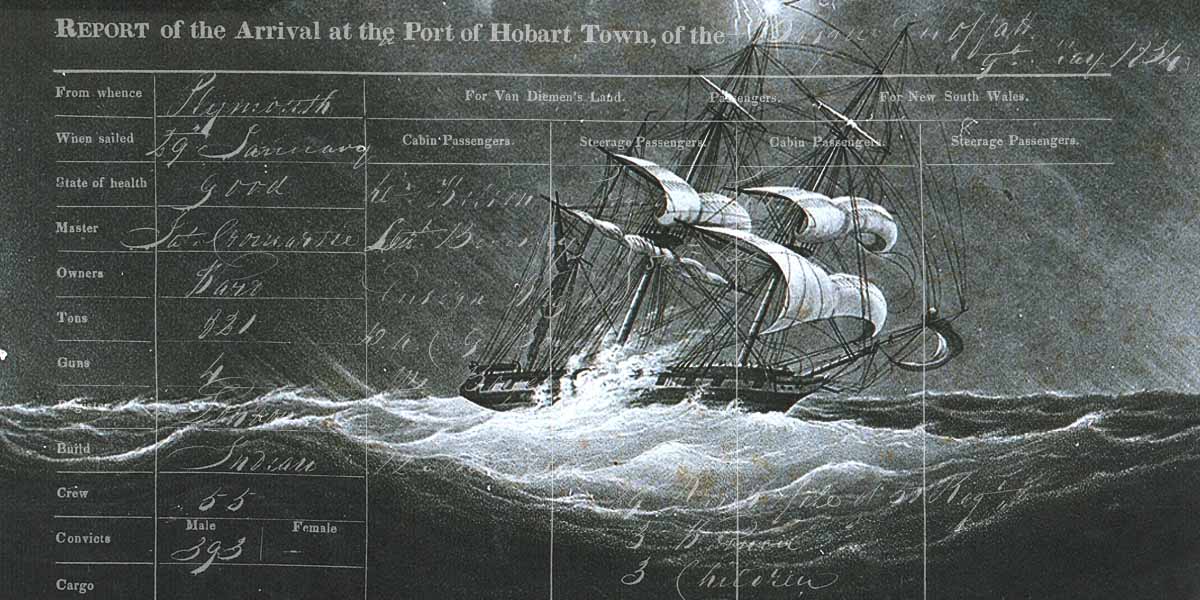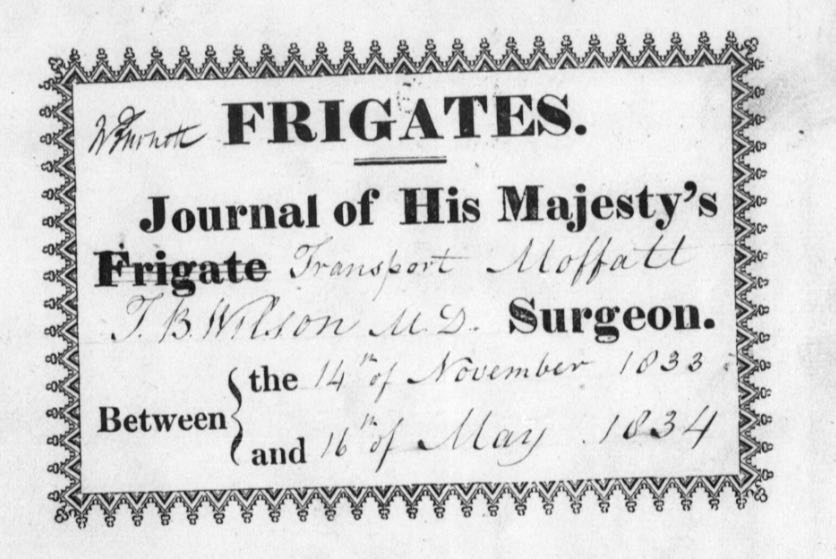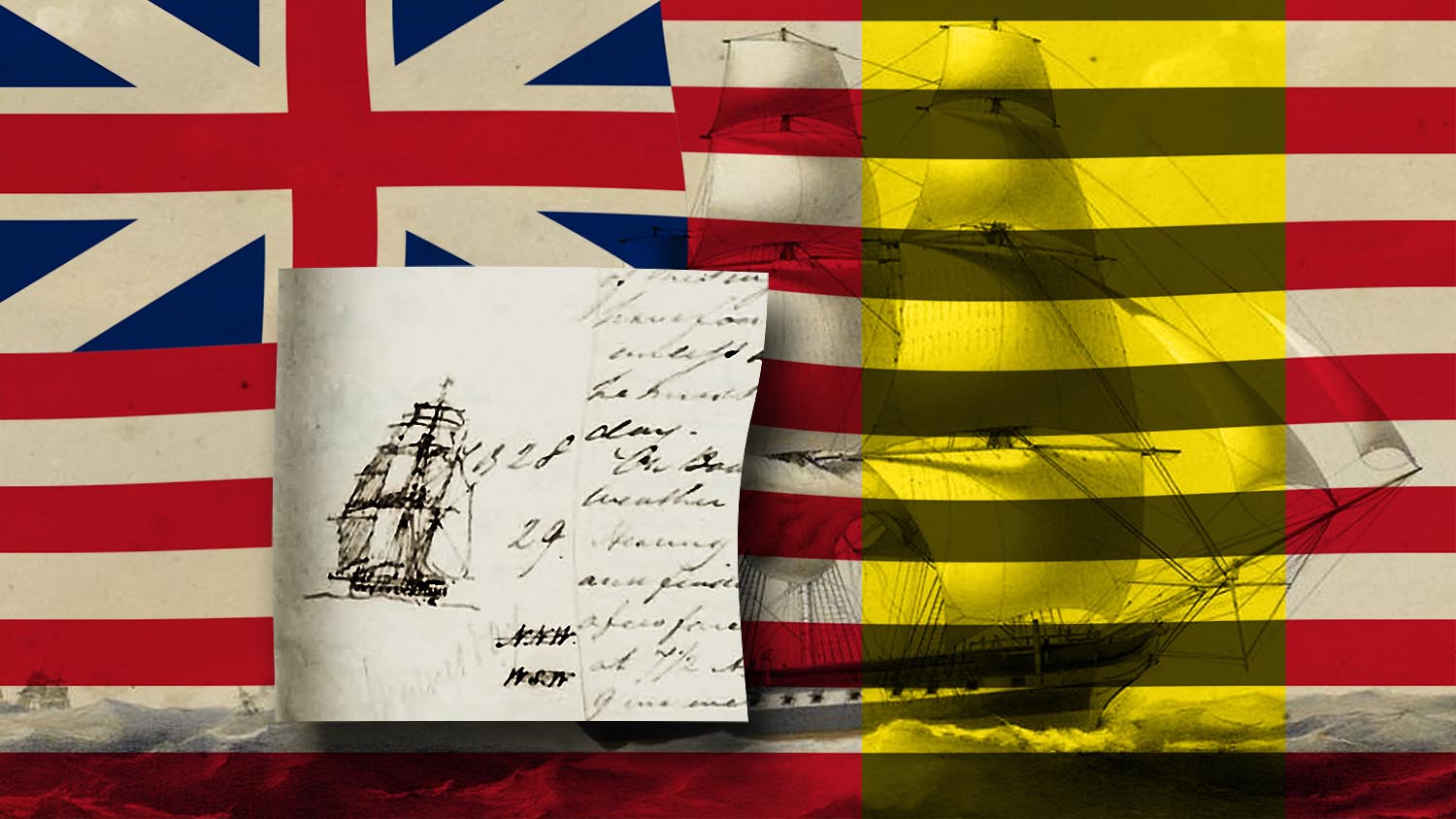
The One that Got Away
Much as I would dearly love to visit Tasmania again and wallow amongst the microfilm, that’s not going to be possible any time soon. Then, thanks to a lead not affiliated with any of the “official” sources of knowledge, I learnt that a certain religious sect have in their possession the documents I seek

